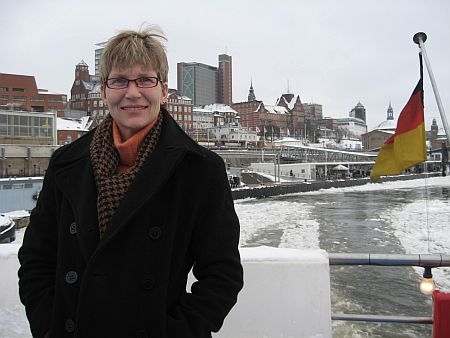
(Host) Many environmental activists roll their eyes when they talk about what didn’t happen at the recent climate summit in Copenhagen.
VPR’s Nina Keck just returned from northern Europe, where she attended a forum on the economic impact of climate change.
She reports that, while the shortcomings of Copenhagen may have grabbed the headlines, the real story may be what’s happening at the state and local levels.
(Crowds walking and Accordion music)
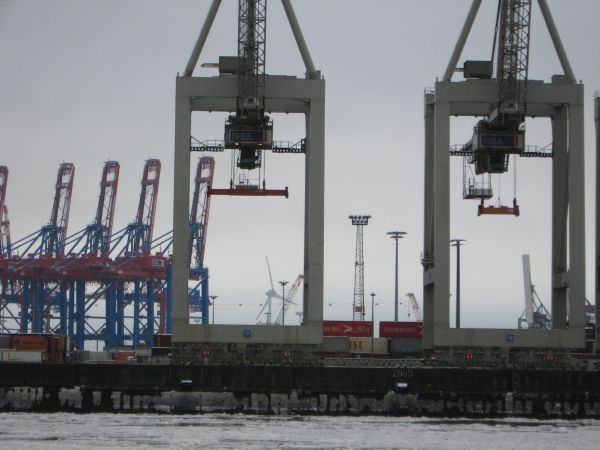
(Keck) If you walk along Hamburg’s bustling waterfront or join tourists on a river cruise, the first things you notice are the huge cargo ships and the industrial cranes loading and unloading them.
The sprawling port – the second largest in Europe – is a centuries-old economic engine for Hamburg – a city that’s also an industrial hub. So it might come as a surprise to learn that Hamburg was recently named the greenest city in the European Union.
(Maass) "It has become more and more important that the local level is taking action – that cities move on. That they show states that it is not only important but that everyone benefits from environmental protection."
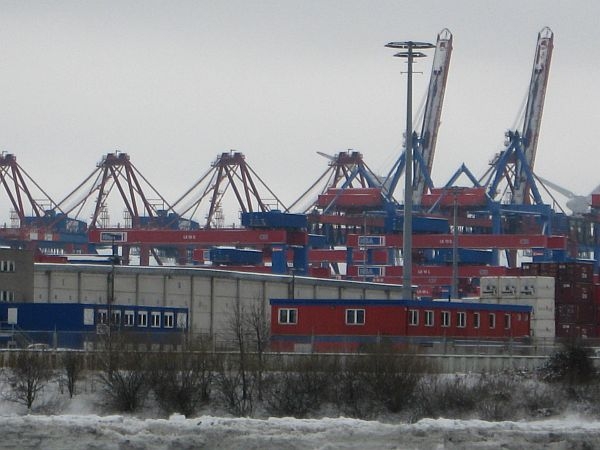
(Keck) That’s Hamburg State Secretary Christian Maass. He says over the past 30 years Hamburg has expanded its mass transit system, cleaned up its smokestacks and enacted more energy efficient building codes.
He touts the city’s tree-lined parks, pedestrian zones and eco-friendly architecture. Maass says it hasn’t been cheap and many of the projects have taken years, but he says local residents are now reaping the benefits.
(Maass) "What we’re planning is to show how Hamburg has achieved a very high standard of living. And that it’s not a burden to have environmental regulations – but that people actually benefit from it – from the clean air, from short distances, every day."
(subway sounds)
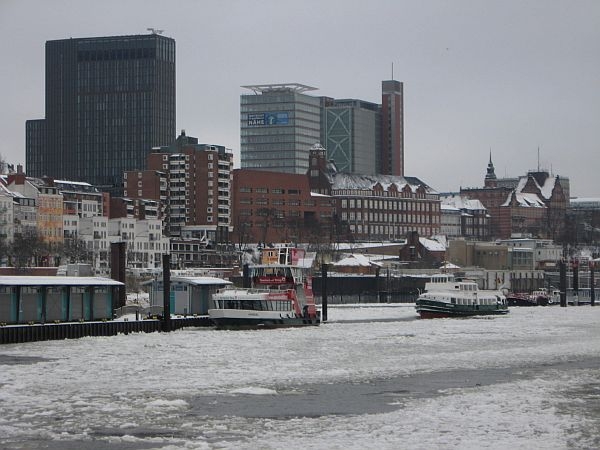
(Keck) The subway that rumbles through Hamburg and helps cut down on car traffic is not all that different from subways in London, New York, or San Francisco.
Peter Lindlahr is Hamburg’s former climate coordinator. When it comes to slowing climate change, he says it’s not about who has the best street car or energy efficient buildings – but about how the concepts behind those innovations can be shared and adapted. Like how to untangle traffic jams to cut down on pollution.
(Lindlahr) "In the northern part of Hamburg we have the specific situation with two highways coming together there and how can we establish new, intelligent and innovative traffic management systems. And can this be interesting for the people in Madrid and the people of San Francisco?"
(train sounds)
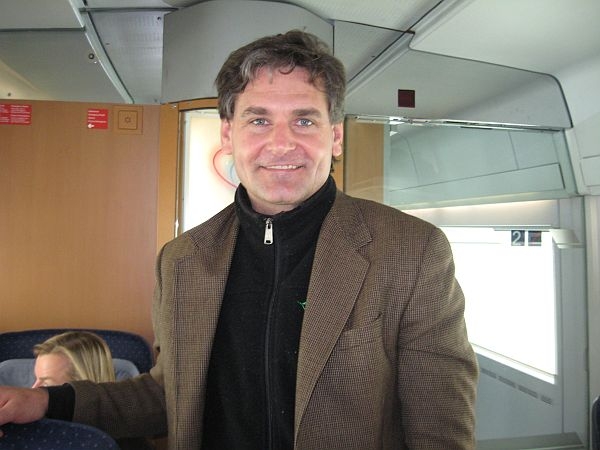
(Keck) Dale Medearis, an environmental planner from northern Virginia, boards a train in Berlin. Medearis is researching energy planning in three German cities to see what might be adapted in the Washington, D.C., area.
(Madieros) "My board has been involved in regular exchanges, first with Stuttgart, and there were some powerful ah-ha moments – positive ones – when the learning and the relevance of the conversations with our European counterparts took effect."
(Keck) Medearis says they’ve already made metro stops in Washington, D.C., more efficient with computerized, real-time signs and escalators that turn off when not in use.
(Medearis) "Again simple energy efficiency measures that we can take back and apply – and then allowing them to spread exponentially across the country. There are millions of them."
(DONG industries – sound of power plant)
(Keck) One idea that Vermont is looking closely at is district heating, which is widely used in Northern Europe.
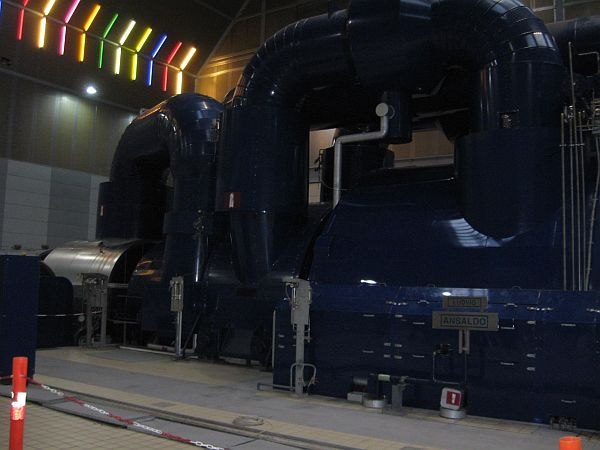
The noise you’re hearing is from a power plant outside Copenhagen that burns coal, wood pellets and straw to generate electricity.
Years ago, the excess hot water generated was dumped into the sea. But now it’s channeled through super insulated pipes to heat homes and businesses throughout the city.
Anders Oldrup, CEO of DONG Energy, Denmark’s largest power producer, says district heating is the single most important thing Denmark has done to conserve energy.
(Oldrup) "To illustrate – I think 60 percent of the households in Denmark are heated today from spare water from the power stations. It’s something you get out of nothing to heat all of these 60 percent."
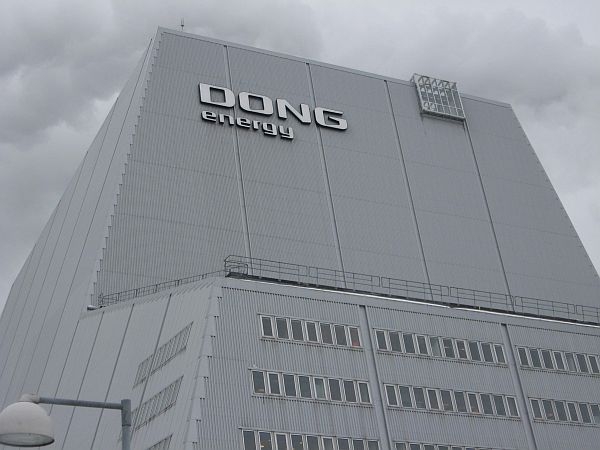
(Keck) In Vermont, Brattleboro and Montpelier are both working to establish district heating systems. Montpelier found out just last month that it will receive an $8 million grant from the U.S. Department of Energy to further its project. Gwendolyn Hallsmith, director of planning and community development for Montpelier says a group of energy experts from Denmark came to Montpelier last year to share their expertise.
(Hallsmith) "The question of how we learn from each other is an important one. And it’s just not just us learning from Europe, its city’s learning from each other. So that we can have as much information on best practices and things that other people are doing as possible."
(Keck) Hallsmith says once their district heating project is up and running, Montpelier can then become a resource for other cities.
For VPR News, I’m Nina Keck.